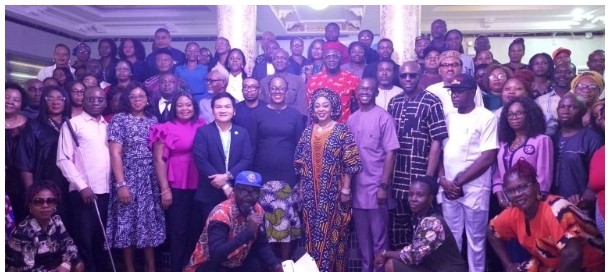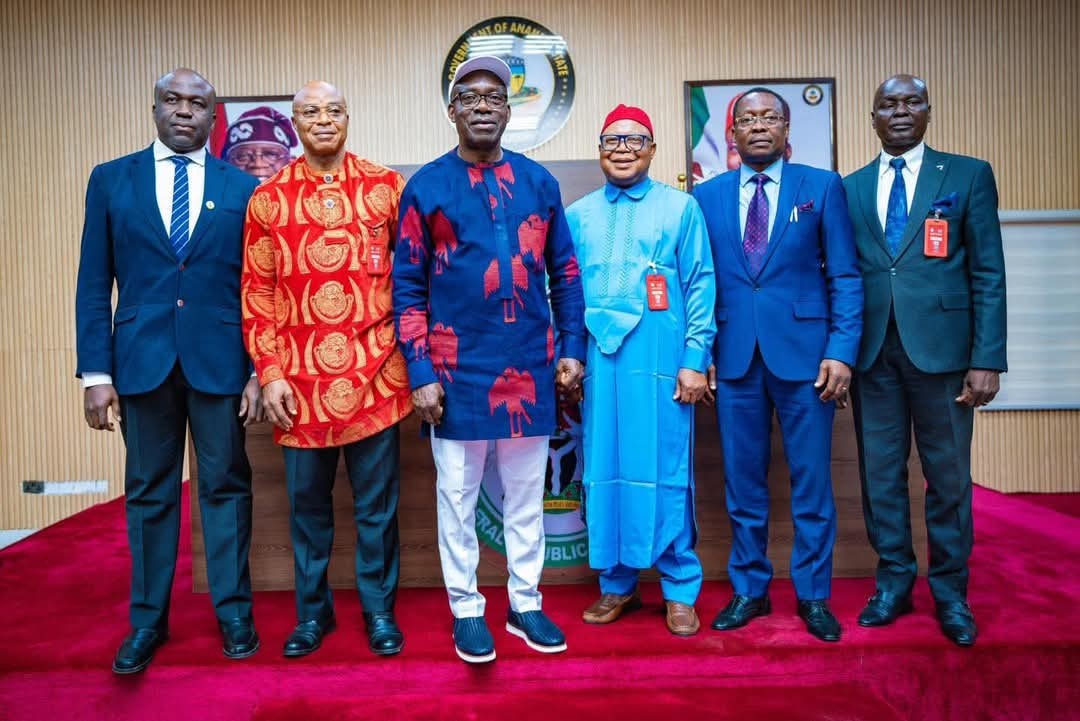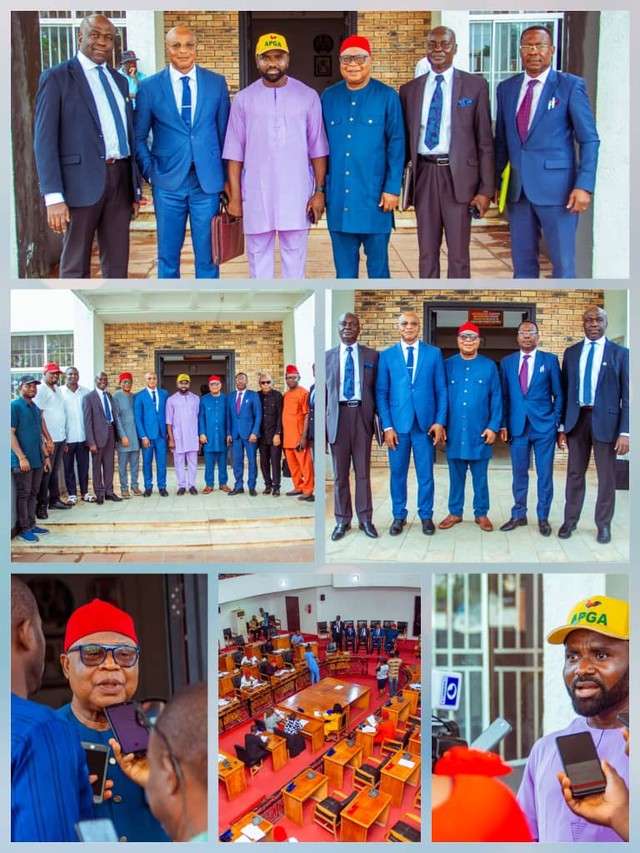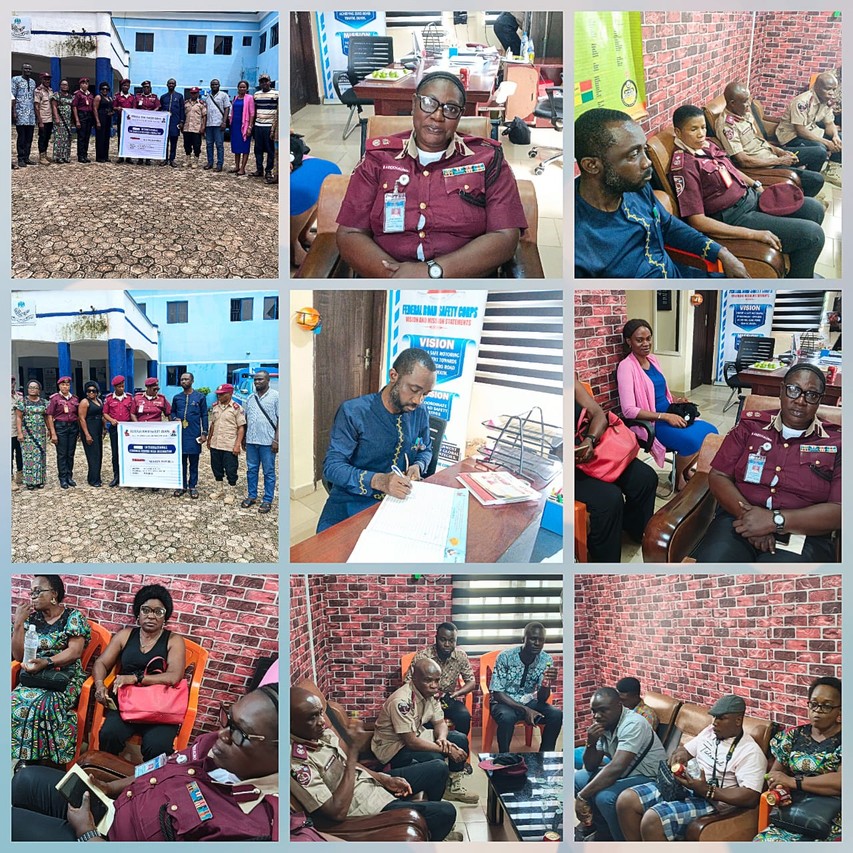Panegyrics as Anambra Launches OGP SAP 2.0, Previews Site for Project Tracking, Constructive Criticisms
By Izunna Okafor, Awka
In what has been described as a major leap forward in participatory governance and development-driven reforms, the Anambra State Government has officially launched its second Open Government Partnership (OGP) State Action Plan (SAP 2.0), making her one of the few Nigerian states to achieve such remarkable feat.
Launched on Tuesday in Awka, the unveiling ceremony was graced by stakeholders from across the public and private sectors, including representatives of the United Nations International Children’s Emergency Fund (UNICEF), Civil Society Organizations, development experts, academia, town unions, religious groups, and top government officials. It also earned Anambra State a slew of accolades from both national and international bodies, in recognition of her practical commitment to promoting transparency, accountability, and inclusive governance.

This reporter, Izunna Okafor, gathered that the launch, organized by the Anambra State Ministry of Budget and Economic Planning in collaboration with the UNICEF, marked the official adoption of SAP 2.0 — a strategic roadmap that outlines the next phase of governance reforms to be implemented from 2025 to 2028.
Partitioned into 3 key sections, the newly-unveiled State Action Plan focuses on four pivotal thematic areas — Fiscal Transparency, Citizen Engagement, Improved Service Delivery, and Climate Change & Environment — and has seven clear, time-bound commitments aimed at consolidating the gains of the first action plan unveiled six years ago and charting a bold course toward sustainable development and people-centered governance.

Providing an overview on the initiative, the OGP Focal Person in Anambra State and Senior Special Assistant to the Governor on Budget and Economic Planning, Mrs. Ogochukwu Orji, who defined OGP as a global initiative that redefines governance by prioritizing transparency, accountability and citizens engagement, elaborated on the participatory and technically-rigorous process that preceded the adoption of SAP 2.0. She recalled that Anambra joined the OGP in 2017, becoming the first state in Southern Nigeria to embrace the global platform shortly after Nigeria was admitted as a member nation in July 2016. While affirming that Anambra has come a long way since joining the initiative, she also affirmed that the state published its first State Action Plan (SAP I) in July 2019 (2019–2022), and that Governor Soludo has since shown a renewed and demonstrable commitment to OGP since his assumption of office.

According to Orji, building on the achievements of SAP I, SAP II marks a deeper and more strategic push to institutionalize open governance in the state. She described the Action Plan as a co-created framework that outlines specific commitments and provides a structured roadmap for implementation, developed through a rigorous process involving needs assessment, priority setting, stakeholder engagement, validation, and launch. She explained that the core objective is to deliver citizen-centric public services through defined strategies, responsible parties, and timelines.
Highlighting the theoretical foundations, she said SAP 2.0 aims to improve public service delivery, foster integrity and public trust, enhance public resource management, promote corporate accountability, and create safer communities and environments. She stressed that these goals are not just ideals but measurable outcomes rooted in Anambra’s dedication to the principles of open governance, with the co-created Action Plan serving as the central pillar of the state’s OGP ecosystem.

Earlier in her opening remarks, the Anambra State Commissioner for Budget and Economic Planning and Government Co-Chair of OGP in the state, Mrs. Chiamaka Nnake, described the initiative as a turning point in Anambra’s democratic trajectory and a demonstration of Governor Chukwuma Soludo’s revolutionary vision for governance in the 21st century. She praised all stakeholders who contributed to the development, validation, and refinement of SAP 2.0, reaffirming that Anambra remains a frontliner in subnational OGP implementation in Nigeria.

According to the Commissioner, “The successful implementation of OGP Action Plan 1 laid a solid foundation for what we are witnessing today. It reaffirms this administration’s unyielding dedication to fostering open, transparent, accountable, and inclusive governance. Under Governor Soludo’s watch, Anambra has entered a new era of visionary leadership, marked by innovation, citizen-centric policies, and measurable impact.”
Mrs. Nnake, who also spoke in an interview with newsmen, further revealed her Ministry's plan to institutionalize the OGP process beyond the present administration, thereby ensuring its sustainability for generations to come.

“We’re not just reforming for now. We’re building a structure that will outlive the present government. It is about setting a new culture of governance for even Ndị Anambra yet unborn,” she maintained.
Speaking shortly after the launch, the OGP National Coordinator and Director of Special Duties at the Federal Ministry of Budget and Economic Planning, Dr. Gloria K. Ahmed, praised Anambra for staying the course and setting a worthy example for other subnational entities. She described the SAP 2.0 as a beacon of hope for democratic renewal and a blueprint for genuine people-centered governance, while also assuring the State of continuous support, promotion and advisory from the national.

The event also featured goodwill messages from other key partners, including the UNICEF, whose Chief of Enugu Field Office, Mr. Atthawoot Op Sangkharat, applauded Anambra for its doggedness in implementing governance reforms that prioritize the key areas of the society and governance. He reiterated UNICEF’s readiness to continue partnering with the state in ensuring the full realization of the SAP 2.0 goals, general advancement of social services and good governance in the state.

“We are impressed by Anambra’s commitment to the OGP framework and are glad to be part of this. We urge the state to ensure that children, women, and marginalized populations are not left behind in this journey. The partnership has been seamless and quite productive. UNICEF will continue to support efforts that embody human rights, health, wellbeing of the children, accountability, and fairness,” he pledged.

The well-attended event also featured the preview of Solution Lens (http://lens.anambrastate.gov.ng) — a soon-to-be-launched groundbreaking citizen engagement platform developed by the Anambra State ICT Agency and championed by the Ministry of Budget and Economic Planning, as a transformative governance tool that provides real-time, GPS-mapped access to government projects across the state, allowing citizens to monitor and verify government projects at a glance, track progress, voice concerns, and interact directly with policymakers.
Providing further insights on the initiative, the MD/CEO of the Anambra State ICT Agency, Mr. Chukwuemeka Fred Agbata (CFA), emphasized its alignment with Governor Soludo’s vision of a smart and livable megacity, describing it a user-powered tool that grows stronger with citizen interaction.

His words: “This platform is the result of many months of dedicated research, strategy sessions, and high-level approvals.
“Anambra is among the first states to consolidate all its digital resources into a single unified platform — anambrastate.gov.ng. Solution Lens, with its dedicated URL lens.anambrastate.gov.ng, serves as an extension of this central domain. Its true strength lies in the interaction it fosters — the more Ndi Anambra engage, the more powerful and impactful it becomes.”
Agbata further reaffirmed the Anambra State ICT Agency’s commitment to the state’s ongoing digital transformation.
“Our push for OGP 2.0 is powered by technology. We understand that without technology, bridging any governance gap in today’s world would be challenging,” he added.
In their separate remarks and goodwill messages, the State Commissioner for Lands, Prof. Offornze Amucheazi; the State Commissioner for Health, Dr. Afam Obidike; the State Commissioner for Youth Development, Hon. Patrick Aghamba, all highlighted the various impacts, influences, digitization processes, and other innovations inspired by the OGP initiatives on their respective MDAs, while also assuring to continue to embrace the initiatives.


Also present at the event were some key stakeholders, partners, and participants, including representatives from the academia, disability group, civil society, community leaders and government, who all commended the initiative and emphasized the need for wider public sensitization to ensure mass adoption and usage of the platform.
These included the OGP Non-Government Co-Chair and Executive Director of the International Peace and Civic Responsibility Centre, Prince Chris Azor; the Sub-National Adviser, OGP Secretariat, Mr. Philip Mustapha Ahmed; Social Policy Officer at the UNICEF Enugu Field Office, Dr. Victor Chima; and the Executive Director of the Social and Integral Development Centre (SIDEC), Ugochi Ehiahuruke.
Others include the Chairperson of the Anambra State Independent Electoral Commission (ANSIEC), Magistrate Genevieve Osakwe; the Permanent Secretary of the State Ministry of Budget and Economic Planning, Mrs. Chinyere Nwabachili; an academia, Prof. Collins Nwogwugwu; the representative of the Anambra State Town Union Council (ASTUC), Prince Frank Nwegwu Esq.; among others, who all emphasized of the needs for more public awareness (especially at the grassroots level) and effectual implementation of the initiatives and its key commitments across the state.

This reporter, Izunna Okafor, further gathered that the successes of SAP 1 speak volumes, as Anambra has now transitioned to an open and participatory budgeting system, launched a comprehensive e-procurement platform to ensure transparency in contract awards, recently launched the Anambra Geographic Information System (ANAMGIS) to transform and digitize land administration processes in Anambra; passed a Disability Law, and established a functional Disability Rights Commission, among others, thereby promoting inclusivity, transparency and social justice.
By these, many have also opined that Anambra is not just embracing open governance but also digitizing it, localizing it, and putting power directly in the hands of its people.
The official unveiling of the OGP State Action Plan 2.0 by the guests formed the high points of the event.
More photos from the event:






































0 Comments